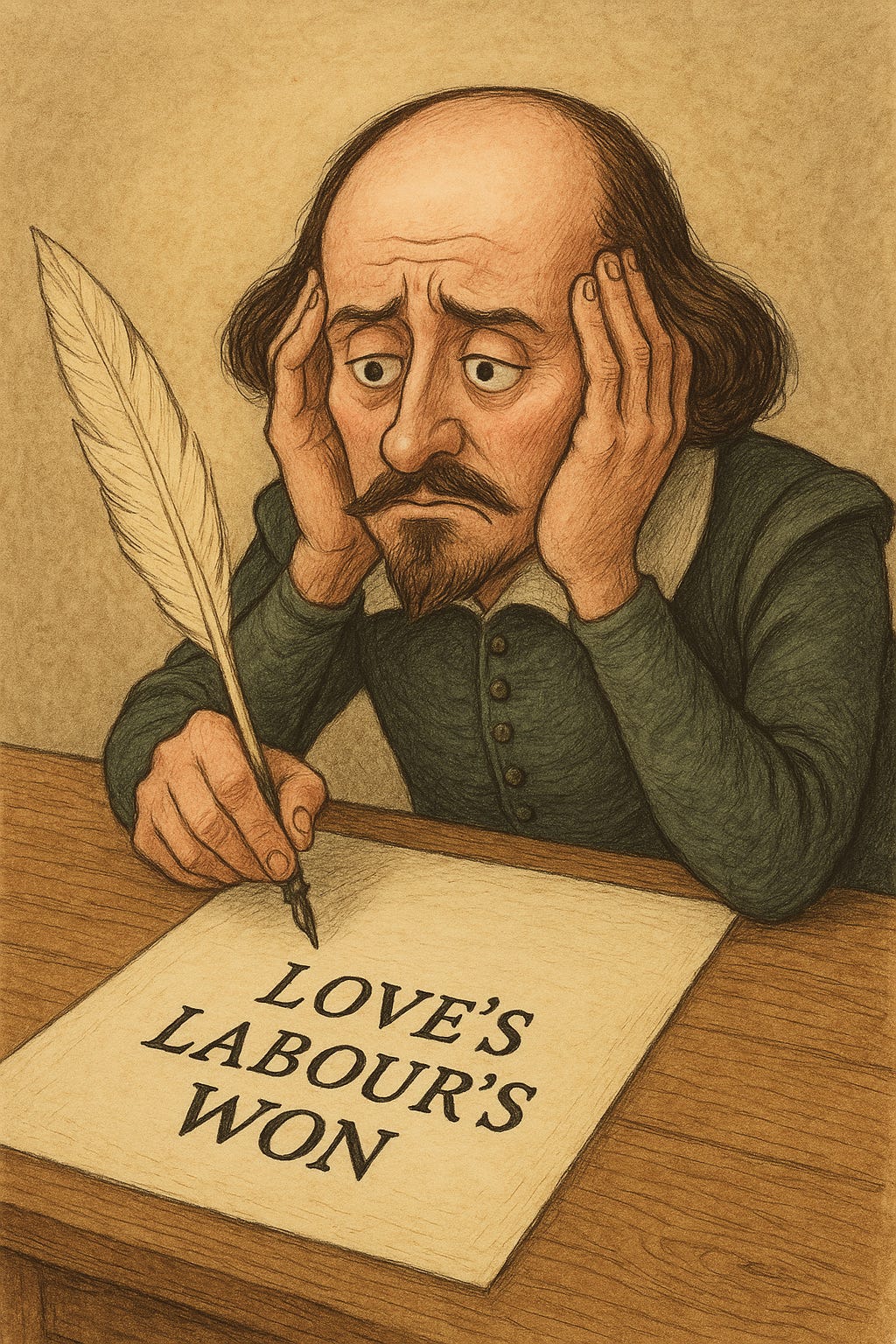How To Overcome Writer’s Block
If you want to be a writer, you've got to come to terms with this ailment that has affected all great authors—except the ones you don't like. Why can't they just stop?
Hello! You’re stuck staring at a blank piece of paper. It feels like a staring contest. Who will blink first? Congratulations! You have what writers dream of: an excuse not to write.
You’ve got writer’s block!
Gene Fowler said it best:
“Writing is easy. All you do is stare at a blank sheet of paper until drops of blood form on your forehead.”
So, let’s pack some Band-Aids you’re in for a bloody time.
Here are important questions that should help you overcome writer’s block.

Why do you write?
This is an easy question to ask. It takes four words: an adverb, a transitive verb, a pronoun and a noun. It isn’t so easy to answer. A lot of thought has gone into answering this question from people much smarter than me. Think about it. Think about it real hard. If you think long enough writer’s block will pass. Time’s up! There’s no time left to write today! Feel satisfied knowing you don’t have to worry about writing anymore.
What is it that’s holding you up?
Is something on your mind? Are you thinking about how much of a failure you are? A 30-something washout who hasn’t written anything clever besides that response to your sister’s funny birthday card—the note that was tossed into a waste basket like your dreams?
Are you thinking about that pain you have down your left side? Google it. By the time you’re on your fourth Reddit forum you’re pronounced dead. Great, now you don’t have to worry about writing! Maybe your sister will have something funny to say in your condolence card!
What do you want to work on?
That’s the problem. You’re stuck between ideas. You’re at a crossroads. The thing about a crossroads is you have to make a clear decision. But you’ve never been good at that. That’s why you became a writer in the first place.
You’ve f***ed your life up enough. Flip a coin. Let fate decide for you.
Now that you have some answers, let’s go over some solutions:
Stare at the blank page. Keep staring until either you or it blinks. Someone’s going to lose here, and it damn well isn’t going to be the paper.
Purchase eye drops. You’re going to need them.
Write your name at the top of the page. If you write it in big enough letters, you’ve already filled a whole page! Great work!Draw a picture of an animal of your choice. Was it a cat? It was probably a cat. If you make it big enough, you’ve completed a second page. Great work!
Alright, now it’s time to start. If you don’t know what to write, let’s do some brainstorming. Here are a few topics that usually get the juices flowing:
Generational wealth: Why don’t you have it? How can you get it? Can you think of someone who does? What a jerk.
Jerks: Who do you really hate? Is it the person you thought of above? Probably. Now put that person in a room with no doors or windows. What happens next?
Favorite animal: If it’s a bear, add it to the doorless windowless room. Now you’re cooking.
Now that we’re done brainstorming ideas. Let’s get to writing.
All great stories start with a great opening line.
“It was the best of times, it was the worst of times, it was the age of wisdom, it was the age of foolishness…”
That Dickens! What an opener!
How do we start with something that will stand out like that? Let’s take our example from above and use it as a template:
He was having a great time; he was having a terrible time.
Doesn’t quite capture our attention, does it? Let’s be more specific.
He was having a great time, he was having a terrible time, he was stuck in a room, he was being mauled by a bear.
The last part is a real shock. Let’s move that to the beginning. You want to start with something that makes the reader ask: “What the heck am I reading?”
He was being mauled by a bear but that wasn’t the problem. The problem was he liked it.
There you go. Now, that’s an opener!
Once you’ve got your first line, it’s time to string a few sentences together.
It’s like adding grounds to your coffee maker. It doesn’t have to be exact, no matter how much you add, it’s still going to come out looking like crap.
Stop! This is the most important part. Once you’re on a roll, just stop! You don’t want to intimidate anyone with your progress.
Hemingway always stopped as soon as he knew what was going to happen next. That’s terrible advice. Instead, stop writing when you aren’t sure what’s going to happen next.
The great thing about writer’s block is you don’t know what’s going to happen next before you begin. So, before you start writing. Stop! Set the pen down. Close your laptop. Feel good that you’ve conquered writer’s block before it got a hold of you.

